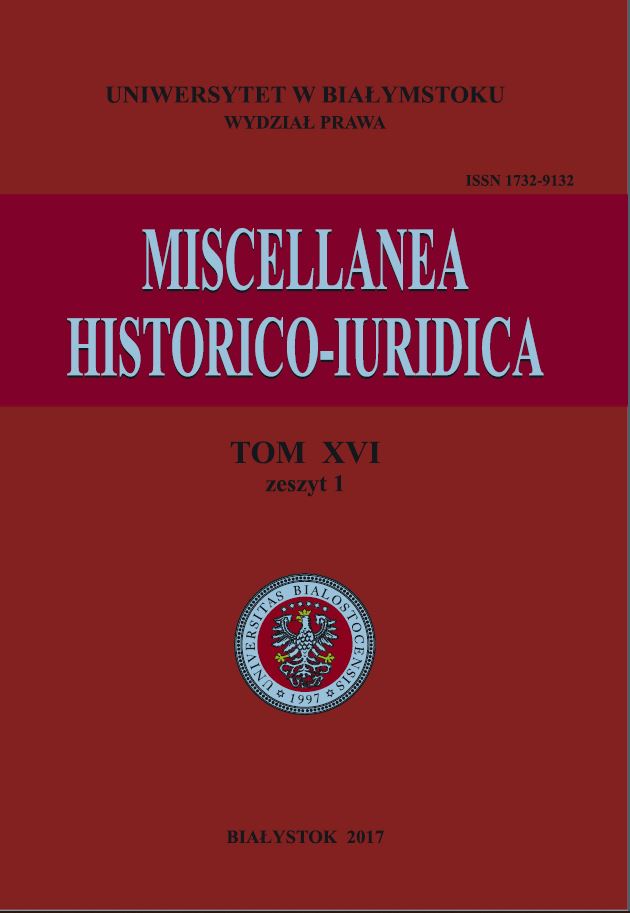Boris Yeltsin’s Russia – the political legacy of communism
Keywords:
Russia, Yeltsin, communism, democratization, post-communismAbstract
Boris Yeltsin was not able to (or could not) complete the democratic revolution, so he based state-building on the alliance of the old order and the new order. As a consequence, Russia after 1991 was built on the foundation of the USSR, while further problems of the country were solved not by the intensification of democratic reforms, but rather by an increasingly stronger adaptation to new realities of solutions, people, systems, mechanisms and concepts from the communist era. The retreat from democratic ideas of society, and thus the weakening of the political power of democratic leaders, made Yeltsin more and more inclined towards the leadership model he knew from the time of his membership in the Communist party. His elite and interest management system, was in fact a copy of the Gorbachev system. It seemed to be a natural and obvious style of control and better from the state’s point of view.
References
Афанасьев М.Н., Клиентелизм и российская государственность, Москва 2000.
Aron L., Yeltsin: A Revolutionary Life, New York 2000.
Ayer E.H., Boris Yeltsin: Man of the People, New York 1992.
Czajowski A., Demokratyzacja Rosji w latach 1987–1999, Wrocław 2001.
Colton T.J., Transitional Citizens: Voters and What Influences Them in the New Russia, Cambridge, MA 2000.
Колтон Т.Й., Ельцин, Азбука-Аттикус 2015.
David-Fox M., Crossing Borders. Modernity, Ideology, and Culture in Russia and the Soviet Union, University of Pitsburgh Press 2015.
Democracy and Authoritarianism in the Postcommunist World, M.A. McFaul, K. Stoner-Weiss, V. Bunce, Cambridge 2009.
Jach A., Rosja 1991–1993. Walka o kształt ustrojowy państwa, Kraków 2011.
Клямкин И., Шевцова Л., Внесистемный режим Бориса II: некоторые особенности политического развития постсоветской России, Моск. Центр Карнеги, Москва 1999.
Klyamkin I., Shevtsova L., This Omnipotent and Impotent Government: The Evolutionof the Political System in Post-Communist Russia, Moscow 1999.
Marciniak W., Rozgrabione imperium. Upadek Związku Sowieckiego i powstanie Federacji Rosyjskiej, Kraków 2001.
McFaul M., Russia’s Unfinished Revolution: Political Change from Gorbachev to Putin, Cornell University Press 2001.
Медведев Р., Борис Ельцин. Народ и власть в конце ХХ века: Из наблюдений историка, Москва 2011.
Rosefielde S.,Russia in the 21st Century: The Prodigal Superpower, Cambridge 2005.
Skrzypek A., Druga smuta. Zarys dziejów Rosji 1985–2004, Warszawa 2004.
Shevtova L., Putin's Russia, Washington 2003.
Шевцова Л., Посткоммунистическая Россия: логика развития и перспективы, Моск. Центр Карнеги, Москва 1995.
Шевцова Л., Режим Бориса Ельцина, Моск. Центр Карнеги, М.: РОССПӘН, 1999.
Зудин А., Режим Владимира Путина: контуры новой политической системы, Моск. Центр Карнеги, Москва 2002.







